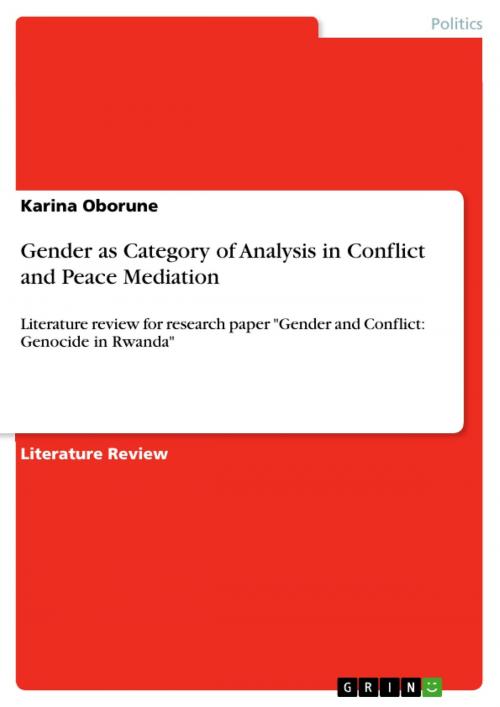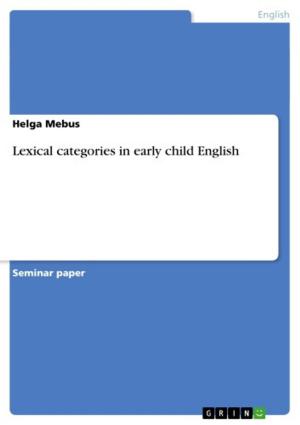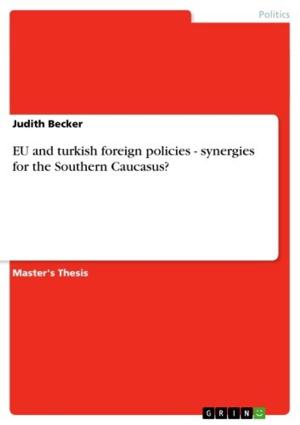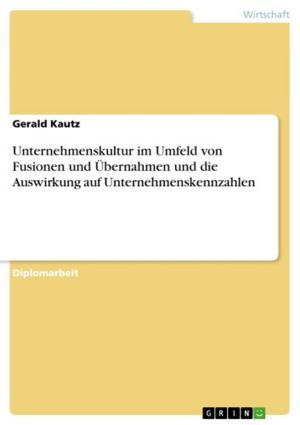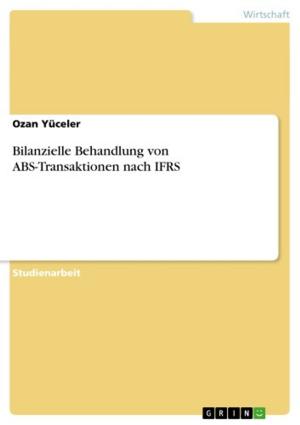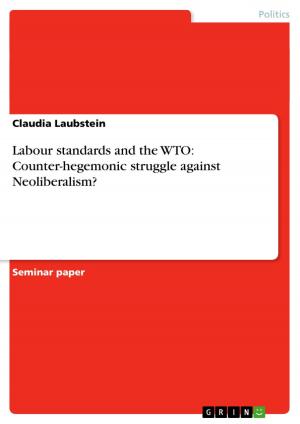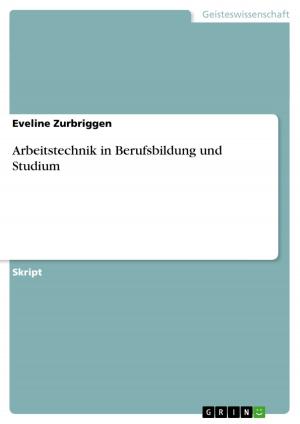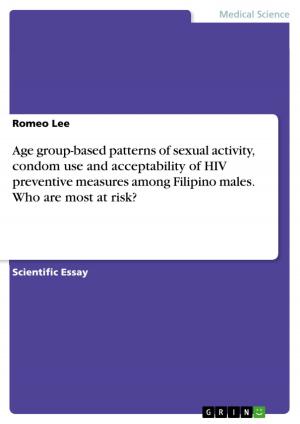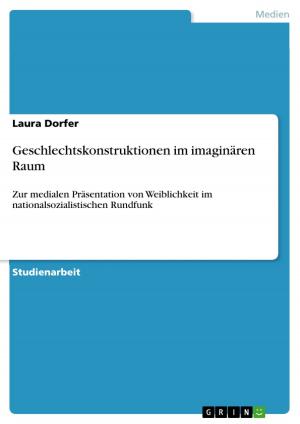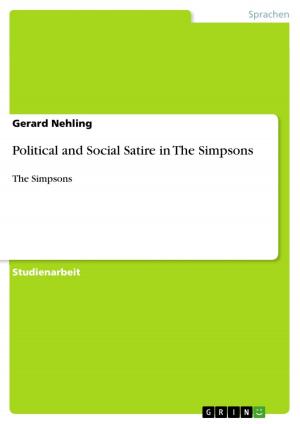Gender as Category of Analysis in Conflict and Peace Mediation
Literature review for research paper 'Gender and Conflict: Genocide in Rwanda'
Nonfiction, Social & Cultural Studies, Political Science, International, International Security| Author: | Karina Oborune | ISBN: | 9783640640508 |
| Publisher: | GRIN Publishing | Publication: | June 9, 2010 |
| Imprint: | GRIN Publishing | Language: | English |
| Author: | Karina Oborune |
| ISBN: | 9783640640508 |
| Publisher: | GRIN Publishing |
| Publication: | June 9, 2010 |
| Imprint: | GRIN Publishing |
| Language: | English |
Literature Review from the year 2010 in the subject Politics - International Politics - Topic: Peace and Conflict Studies, Security, grade: A-, Central European University Budapest, course: Gender, Politics and Intersectionality in Europe , language: English, abstract: The purpose of this literature review is to look at gender as a category of analysis in conflict and peace mediation. The analysis will provide the material basis for a research paper on 'Gender and Conflict: Genocide in Rwanda' in the course 'Gender, Politics and Intersectionality in Europe'. I put forward the thesis statement that genocide in Rwanda should be analysed in gender-specific terms and on different levels (individual, community) andat different phases (open-conflict, post-conflict). I have focused on papers by Cordula Reimann, who has a particular interest in largely hidden gender-specific sub-context of violent conflicts and their resolution. The literature review is divided into three parts. I begin with defining 'gender'. The second part is the analysis of women's and men's different roles at various levels and phases of conflict. The third part deals with the question of what kind of checklist and indicators we need to take into account while analysing conflict in gender specific dimensions.
Literature Review from the year 2010 in the subject Politics - International Politics - Topic: Peace and Conflict Studies, Security, grade: A-, Central European University Budapest, course: Gender, Politics and Intersectionality in Europe , language: English, abstract: The purpose of this literature review is to look at gender as a category of analysis in conflict and peace mediation. The analysis will provide the material basis for a research paper on 'Gender and Conflict: Genocide in Rwanda' in the course 'Gender, Politics and Intersectionality in Europe'. I put forward the thesis statement that genocide in Rwanda should be analysed in gender-specific terms and on different levels (individual, community) andat different phases (open-conflict, post-conflict). I have focused on papers by Cordula Reimann, who has a particular interest in largely hidden gender-specific sub-context of violent conflicts and their resolution. The literature review is divided into three parts. I begin with defining 'gender'. The second part is the analysis of women's and men's different roles at various levels and phases of conflict. The third part deals with the question of what kind of checklist and indicators we need to take into account while analysing conflict in gender specific dimensions.
